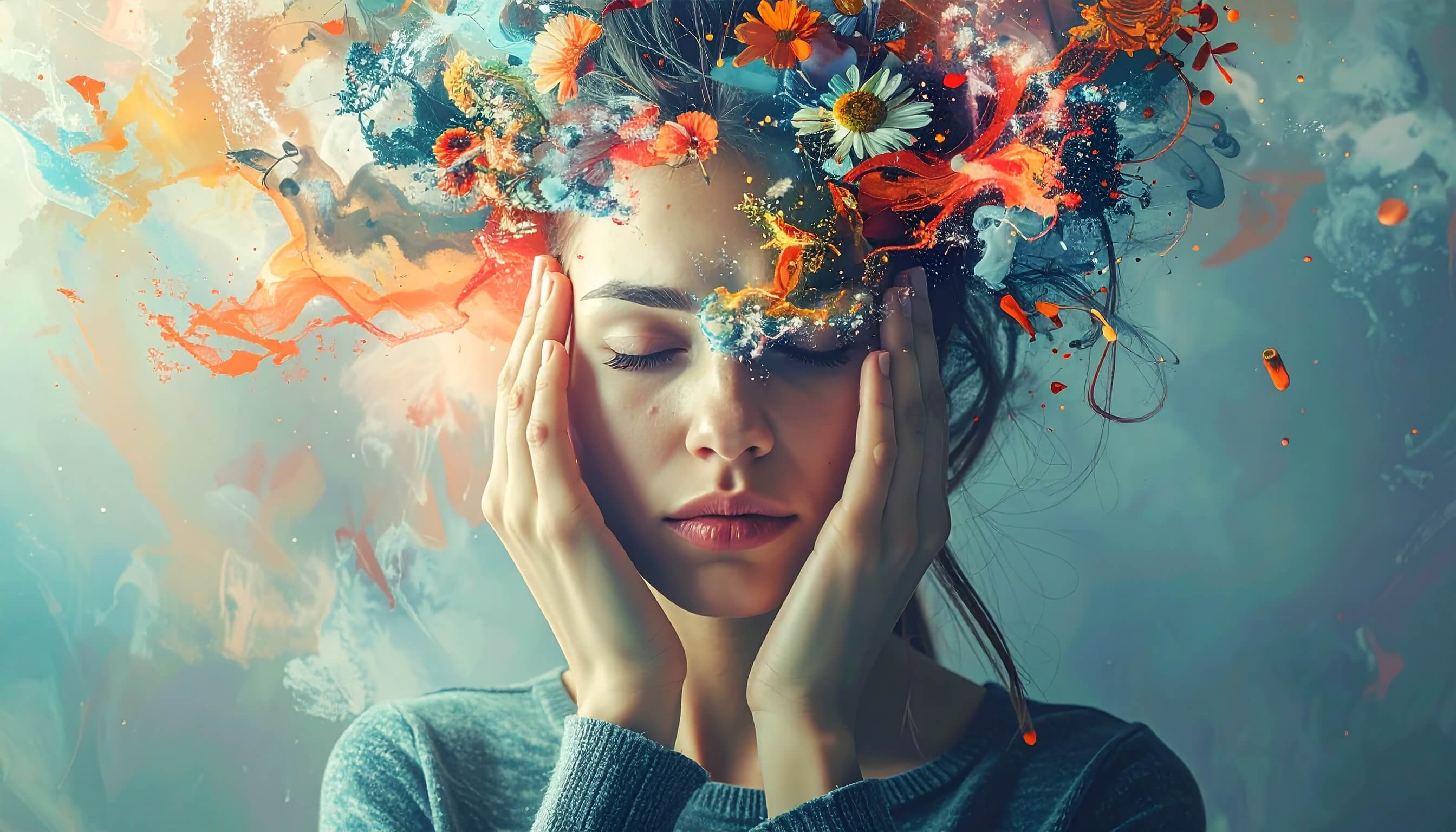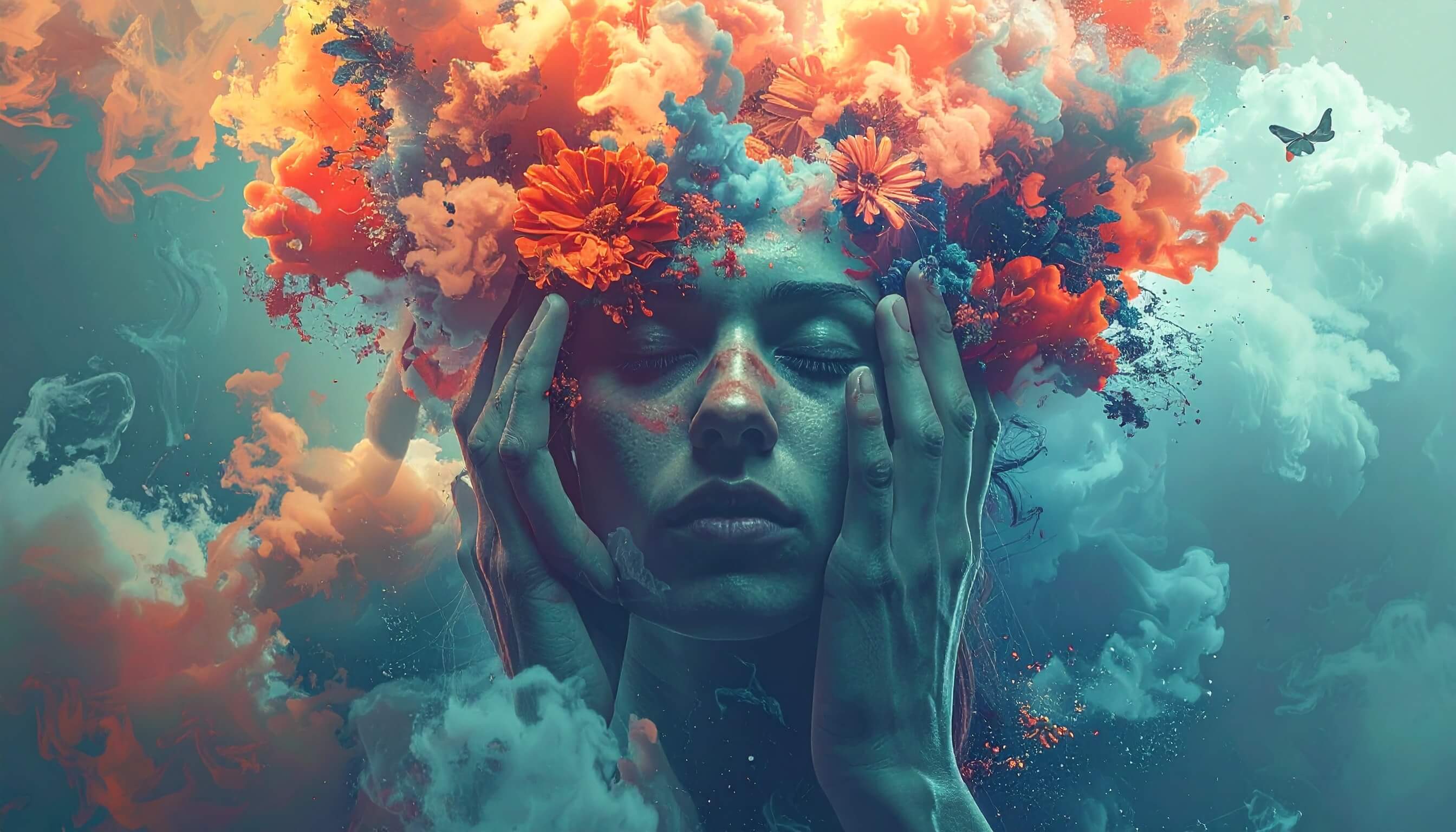In 2025, mental health and stress management are increasingly guided by AI-powered tools, digital therapy platforms, and personalized mindfulness techniques. With rising stress levels and complex lifestyles, individuals need actionable strategies to enhance emotional wellness, manage anxiety, and maintain cognitive balance. This article explores mental health techniques, AI applications, stress reduction strategies, and long-term wellness practices.
1. AI-Powered Emotional Tracking
AI applications track mood, stress, and cognitive patterns in real-time through wearable devices and mobile apps. Continuous monitoring detects early signs of emotional distress, anxiety, or depression. Personalized insights guide interventions, ensuring timely support for mental wellbeing.

2. Personalized Mindfulness Programs
AI-driven mindfulness platforms tailor meditation, breathing exercises, and guided visualizations to individual stress levels, lifestyle, and preferences. Personalized programs improve adherence, enhance focus, and reduce emotional strain, supporting long-term mental health.
3. Cognitive Behavioral Therapy (CBT) and Virtual Coaching
AI-assisted CBT platforms offer personalized interventions, habit tracking, and cognitive restructuring exercises. Virtual coaching provides real-time guidance, reinforcing positive thought patterns and adaptive coping strategies. AI enhances access, scalability, and consistency of therapy techniques.
4. Stress Reduction through Biofeedback
Wearable devices monitor physiological signals, including heart rate variability, cortisol levels, and brainwave patterns. AI interprets data to recommend relaxation techniques, activity adjustments, and mindfulness exercises. Biofeedback accelerates stress reduction and emotional regulation.
5. Sleep Optimization and Mental Health
AI analyzes sleep patterns to enhance restorative sleep, crucial for cognitive function and emotional resilience. Personalized sleep recommendations, including bedtime routines, environmental adjustments, and recovery strategies, improve overall mental health.

6. Social Engagement and Support Networks
AI platforms connect individuals with supportive communities, virtual therapy groups, and peer support networks. Personalized recommendations encourage participation, social interaction, and emotional connection, which are key factors in stress reduction and mental wellness.
7. AI-Enhanced Meditation and Mindfulness Apps
Advanced meditation apps leverage AI to adjust duration, intensity, and technique based on real-time stress and focus levels. Gamification and personalized challenges enhance adherence and improve long-term mindfulness practice.
8. Neurofeedback and Brain Training
AI-powered neurofeedback devices monitor brain activity and provide personalized cognitive training. Exercises improve focus, emotional regulation, and mental clarity. Regular training strengthens neural pathways and promotes mental resilience.
9. Nutrition and Mental Health
AI-driven nutrition platforms provide recommendations that support brain function and emotional balance. Diet plans optimize nutrients affecting neurotransmitters, cognitive function, and stress response, reinforcing overall mental wellbeing.

10. Physical Activity and Stress Management
AI integrates exercise recommendations tailored to stress levels and mental health goals. Physical activity, guided by AI, reduces cortisol, boosts endorphins, and enhances mood. Personalized programs ensure consistency and effectiveness.
11. Digital Detox and Screen Time Management
AI monitors digital device usage, recommending screen time limits and breaks to reduce cognitive overload and stress. Personalized alerts and scheduling tools encourage healthy digital habits, improving focus and mental clarity.
12. Virtual Therapy and Tele-Mental Health
AI-enabled teletherapy platforms provide remote access to licensed therapists and mental health professionals. Real-time data from wearables and apps enhances therapy personalization, enabling continuous support and early interventions for at-risk individuals.

13. Emotional Intelligence and Self-Awareness Training
AI tools enhance emotional intelligence by tracking emotional responses, providing feedback, and suggesting self-awareness exercises. Users improve interpersonal skills, self-regulation, and resilience, strengthening overall mental health and wellbeing.
14. Challenges and Opportunities
Challenges include privacy concerns, technology adoption barriers, and dependency on AI tools. Opportunities arise from personalized insights, continuous monitoring, and scalable mental health interventions. Responsible use of AI ensures ethical, effective, and accessible mental health solutions.
15. Conclusion
Mental health and stress management in 2025 leverage AI-powered tools, personalized mindfulness programs, and digital therapy platforms to optimize emotional wellbeing. From cognitive behavioral therapy and neurofeedback to sleep optimization and social engagement, technology enables proactive management of stress and mental health. By integrating AI-driven insights with consistent habits and professional guidance, individuals can achieve emotional balance, cognitive clarity, and long-term mental resilience.

